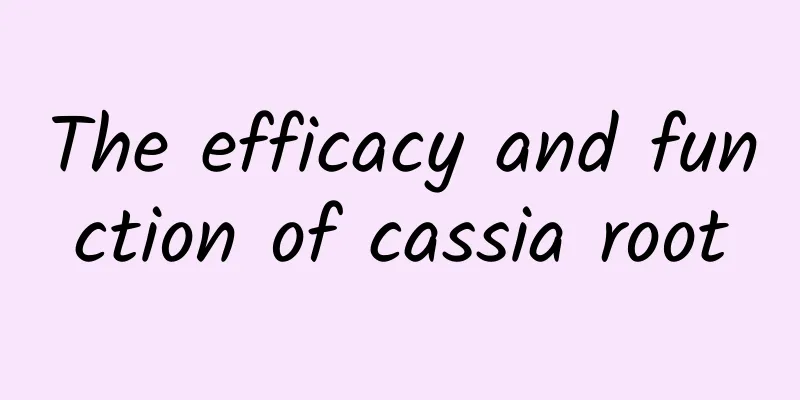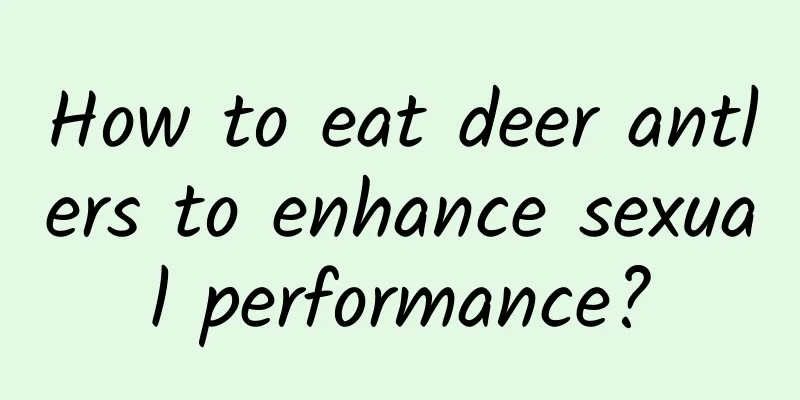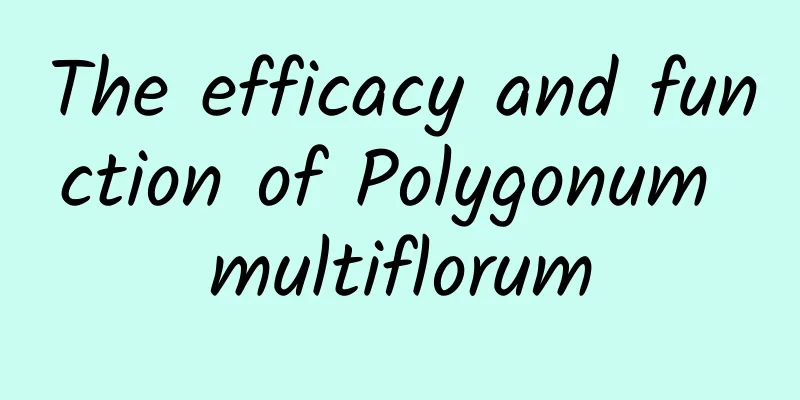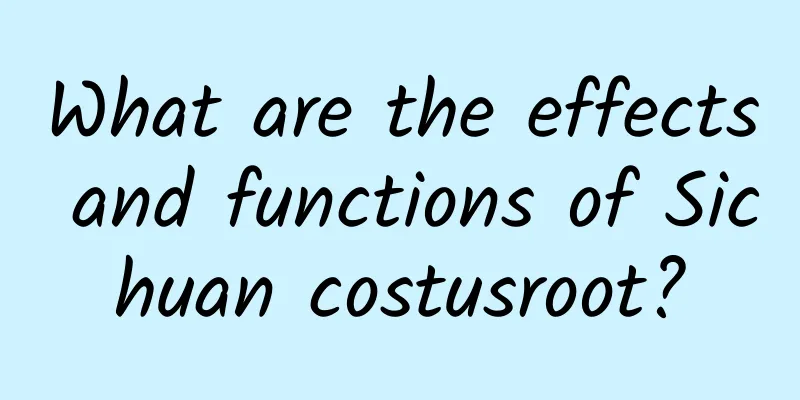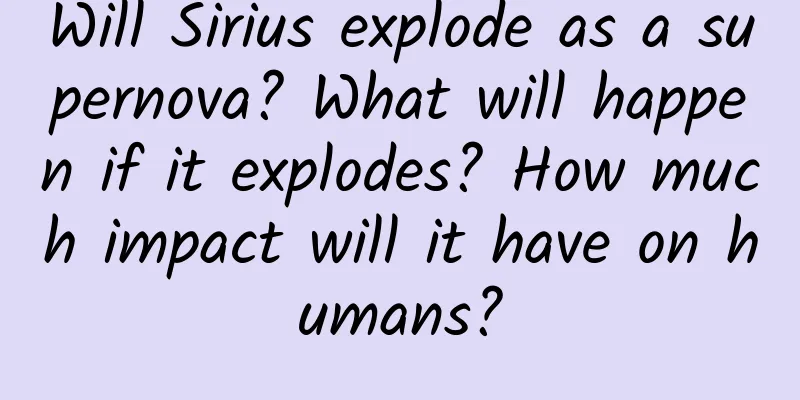The efficacy of the traditional Chinese medicine goose does not eat grass
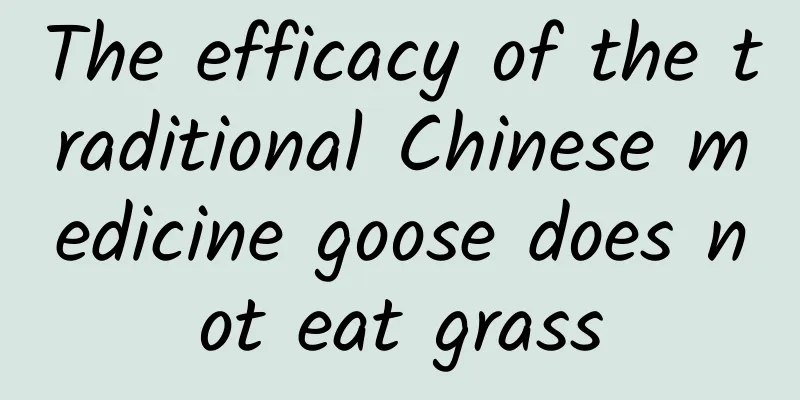
|
Traditional Chinese medicine is extensive and profound. There are many common traditional Chinese medicines, and each of them will bring different benefits and effects to our body. It can also be used to treat different diseases. When facing the choice of traditional Chinese medicine, it is necessary to choose the right medicine for the symptoms. There is also a kind of traditional Chinese medicine called goose does not eat grass. Goose does not eat grass is also a Chinese herbal medicine plant used to treat a disease. Many people don’t know anything about this goose does not eat grass, and don’t know that it can be used to treat insomnia. So what are the effects of the traditional Chinese medicine goose does not eat grass? 【Pharmacological action】 1. Antibacterial effect: 25-50% of the decoction of this product has an inhibitory effect on Mycobacterium tuberculosis. 2. Antitussive and antiasthmatic effects: The volatile oil and ethanol extract of this product have antitussive, expectorant and antiasthmatic effects. 3. Anti-cancer effect: Brevelin has shown an inhibitory effect on Walker sarcoma in rats, and some derivatives of Helenalin also show anti-cancer activity. 4. Anti-allergic activity: The hot water extract of goosegrass showed significant anti-allergic activity in passive skin allergy test. Arnicolide c, -6OSenecioylplenolin, Aurantiamide acetate and three flavonoid compounds, quercetin-3,3-dimethyl ester, quercetin 3-methyl ester and apigenin, separated from the methanol soluble part of the chloroform extract of Geese, all showed strong anti-allergic activity. 【Functions and indications】Dispel wind, relieve phlegm, detoxify and reduce swelling. It is mainly used for colds, headaches, sinusitis, nasal polyps, coughs, throat paralysis, deafness, conjunctivitis, malaria, rheumatic pain, injuries from falls, swelling, scabies [Usage and Dosage] For oral use: decoction, 5-9g; or mash into juice. For external use: take appropriate amount, mash and apply; or mash and plug into the nose; or grind into powder and put into the nose. Through the above content, we know the various effects of the traditional Chinese medicine goose not eat grass. If you understand the various effects and functions of the traditional Chinese medicine goose not eat grass, then we can better utilize the value of this medicine, and know under what circumstances we should choose this goose not eat grass, and use goose not eat grass to achieve the best therapeutic effect. |
<<: The efficacy of Chinese medicine Qing Banxia
>>: The benefits of drinking wolfberry tea
Recommend
Why do old people always like to let their children sleep with "flat heads"? Are round heads smarter than flat heads?
There is a nursery rhyme in northern my country: ...
Do you know these seven high-scoring brothers?
7 is a unique and interesting number. For example...
This food is closely related to immunity, but many people may not eat enough
Many people have heard the saying "There is ...
The efficacy and function of barberry
The traditional Chinese medicine barberry is ofte...
Almost vertical! Do you dare to walk on this "ladder to heaven"?
A nearly vertical mountain road There are 11 &quo...
The efficacy and function of Bletilla striata
Do you know Bletilla striata? It is a common Chin...
In the competition for special drugs for COVID-19, which “players” stand out?
The new coronavirus pandemic is not over yet. In ...
The efficacy and function of the brocade
Ground ivy is a very nutritious and precious medi...
How to protect coral reefs in today's oceans? - Lessons from corals that built reefs 330 million years ago
Produced by: Science Popularization China Author:...
Ginkgo biloba: a living fossil that can be seen and touched
Autumn is the most beautiful season of the year f...
Luotu Technology: In 2024, the total channel sales volume of China's Bluetooth speaker market will reach 24.88 million units, a year-on-year increase of 5.0%
According to the latest report from Loto Technolog...
What is the dosage of bamboo ruta?
In our lives, there are many Chinese medicinal ma...
One picture to understand | Don’t pick these “king mushrooms” in Beijing, they are poisonous!
It is the peak season for wild mushrooms. Ingesti...
The efficacy and function of Porcupine Thousand
Nowadays, our living standards are constantly imp...
The efficacy and function of golden claw
As people's living standards improve, they pa...

